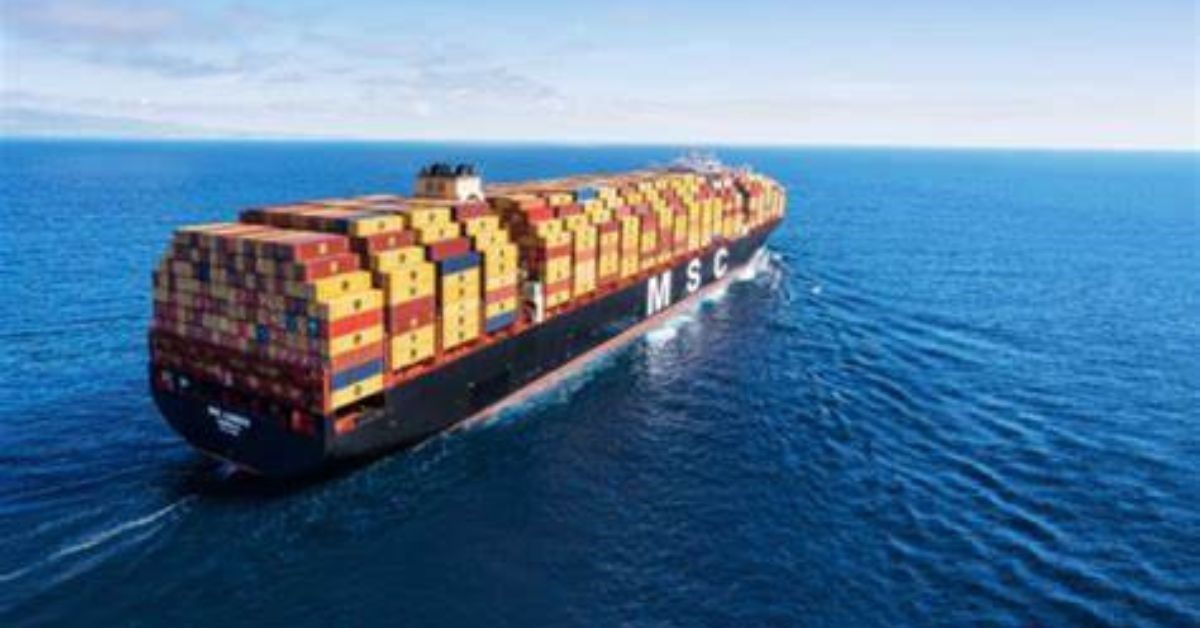Mediterranean Shipping Company S.A. has begun a feeder service between the recently opened container transshipment terminal operated by Adani Ports and Special Economic Zone Ltd. in Vizhinjam, Kerala, and the Haldia Dock Complex of the state-owned Syama Prasad Mookerjee Port Authority. Colombo port, a regional transshipment hub, was once used to transship the containers that were originally from and headed for the Kolkata/Haldia trade. After India built a transshipment facility to reduce reliance on the Colombo port for container shipping and receiving, the service, which will operate every ten days, is the first feeder service to be introduced between an Indian gateway port and the Vizhinjam transshipment port. On its way to Vizhinjam, the “Haldia Shuttle” service will also stop at Paradip port.
The feeder service will stop at the terminal operated by J M Baxi Ports & Logistics Ltd. at both Haldia and Paradip ports. If the container ship loads 601–1,000 twenty-foot equivalent units (TEUs) per call, the MSC feeder service will receive a 20% reduction in vessel-related charges (port dues, berth hire, towage, and pilotage charges), which was implemented by the Syama Prasad Mookerjee Port Authority in May of last year. If the container ship loads 1,001 TEUs or more on a single call, the discount will be 30%.
Container feeder vessels operated by foreign companies that operate between Haldia Dock Complex and international transshipment ports such as Colombo, Singapore, Port Klang, and any Indian transshipment port are eligible for the two-year concession. The Vizhinjam container transshipment facility has drawn the most ship calls from MSC since it began operations, initially on a trial basis in July 2024 and then launching full-fledged commercial operations in December. The terminal handled almost one lakh TEUs during the trial period, which ran from July to November.
According to government estimates, Colombo, Singapore, and other regional ports transship about 3 million TEUs of cargo containers heading for India each year. Over 85% of this is handled by Colombo, Singapore, and Port Klang, with Colombo alone handling roughly 2.5 million TEUs. Transshipment of cargo leads to logistical cost inefficiencies for Indian industry because of the additional port handling fees that are incurred at the transshipment hubs. The Maritime India Vision 2030, a ten-year plan for the maritime industry, noted that the extra port handling costs, which amount to $80-100 per TEU, might be avoided if the container was imported or exported as direct gateway cargo rather than being transshipped.







